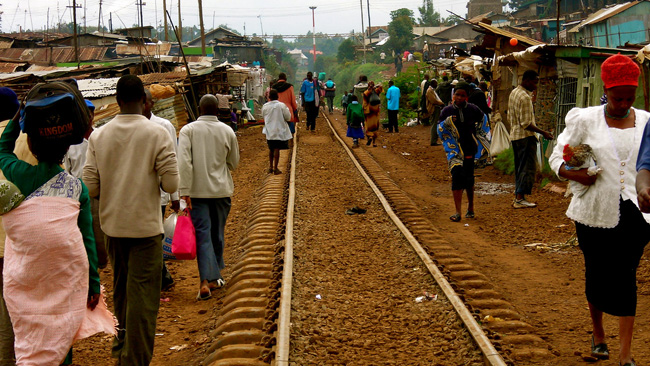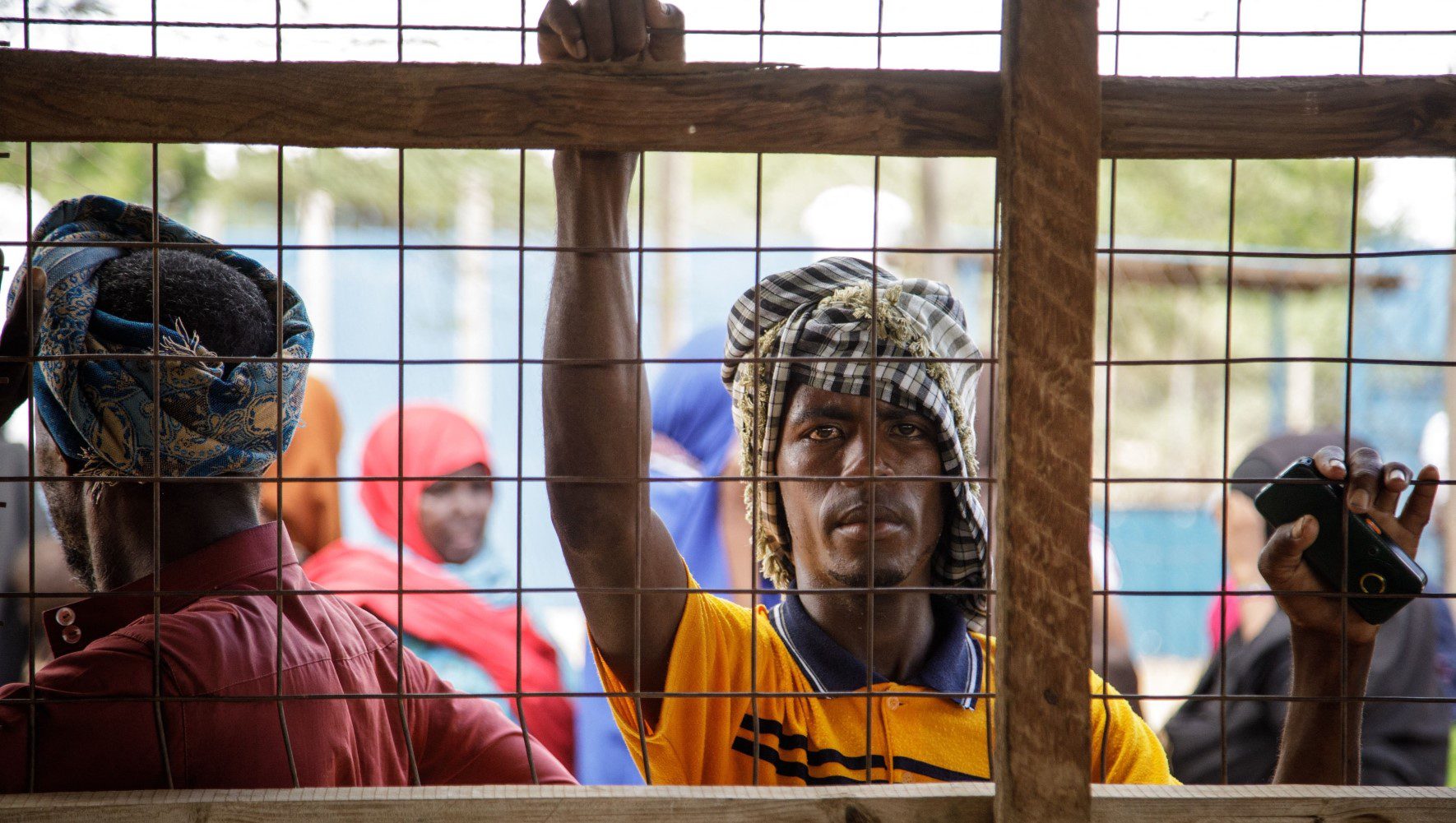Kenya Court Vindicates the Rights and Dignity of Urban Refugees
By HIAS
Aug 08, 2013

On July 26, Judge Majanja of the Kenyan High Court declared it unconstitutional to force refugees out of cities into refugee camps, bravely challenging a December 2012 policy.
In December 2012, the Kenyan government announced a troubling new policy: it intended to send the more than 100,000 refugees living in Nairobi and other cities into refugee camps. Around that time, Kenya’s big cities had been hit with a spate of bus bombs tied to Al Shaabab, a terrorist group based in neighboring Somalia. The government hoped that by sending the refugees—many of them Somali—into camps, that terrorist threat would disappear. But at what cost to the refugees themselves?
At the announcement of the plan to send all refugees to refugee camps at Kakuma and Dadaab—the largest refugee complex in the world, with some 400,000 residents—refugees in Kenyan cities suffered. HIAS and other NGOs in Nairobi documented several arrests by police, largely on trumped up charges of terrorism or trafficking, as well as cases of extortion. Meanwhile, many refugees worried how they would make a living, find treatment for their medical conditions, or educate their children if sent to a camp after years of living in the city.
In early January, when the government appeared poised to enforce the plan, a Kenyan human rights NGO, Kituo cha Sheria, filed suit in Kenya’s High Court, challenging the legality of the policy under national and international law. The UN Refugee Agency and individual plaintiffs joined the lawsuit. The court immediately granted an injunction, preventing the enforcement of the policy until a decision was issued on the merits of the case.
On July 26, the High Court issued its decision: a resounding vindication for the rights of urban refugees around the world. Judge Majanja, quashing the government’s directive, found that it threatened the fundamental rights and freedoms of refugees, undermined their human dignity, and was contrary to the government’s constitutional obligation to protect vulnerable people. Noting that while “national security is important and should not be compromised,” Judge Mananja held that there was “nothing to justify the use of security operations to violate the rights of urban-based refugees.” More broadly, Judge Majanja found there was “no evidence to show that the best way to protect and promote the welfare of refugees is through a blanket policy of relocation and encampment.”
We welcome Judge Majanja’s brave decision. It allows UNHCR, HIAS, and other valuable NGO partners to continue supporting the Kenyan government’s efforts to provide refuge and protection to refugees in Nairobi and other cities across the country. Most importantly, his decision is a clarion call to support the freedom and dignity of urban refugees, and it ensures refugees are able to continue to contribute to the tremendous economic, social, and cultural development in Kenya’s urban areas. As more and more refugees find themselves in urban settings, we can only wish that other governments and courts will heed this call.



